|
11/29/2020 Poetry by Samuel Miller Before the pandemic, Samuel was a cook and a barista in Portland, Oregon, where he lives in a collective house full of friends. He recently graduated from Portland State University with a BFA in Fiction. Since graduating, his goal is to get his work out into the world and to connect with a larger community of writers, publishers, and readers. Some of his short stories and poetry have been published on East of the Web (2020), in Pointed Circle issues 32 and 33 (2016, 2017), as well as the literary magazine Moonshadow (2015). Aside from writing, Samuel loves his friends and playing piano. 11/29/2020 Poetry by Eve Lyons Alexandru Paraschiv CC
Elegy for Deb We shuffle off this mortal coil, Shakespeare wrote. Hers included a left leg sliced in her twenties, Left with nerve damage and heroin habit. She overcame, made hard choices like giving up her son, reconnecting with her sisters who were never easy. Helping to care for her mother who was even harder. Her father, the rock slipped out from under her. She never found another. She laughed loudly, had no indoor voice. Had no patience for methadone clinic life or men. Moved South to escape New England winters Moved back when she realized it was the South. At fifty-eight, a severe foot infection took six months, two hospitals, daily nursing visits to recover, but she did. At last she went home. Then she died. Leaving us to wonder why and how. What torment our bodies meet in this world. One can hope for in that sleep of death what dreams may come, the numbing peace of heroin without damage, must give us pause. One Quarter of American Women Take Antidepressants Dialectical Behavioral Therapy Be mindful, regulate emotions, behave right You must radically accept the world is fucked. Use active words and share your feelings even though everyone else is still behaving badly. Remember to breathe, breathe out the terrible fears your mother put into your head, and your father he really couldn’t do any better, could he? It’s your job to keep it together after all. Men can’t help it. Men have insatiable urges. The dialectic between you and this mean world If these things break down, maybe you’re a borderline. Detach from the Outcome “DETACH FROM THE OUTCOME,” my supervisor said which obviously is impossible to do. But it is too easy to apply capitalistic standards to that which is beyond simple economics, simple logic, and is anything but linear. Success in this field is not measured by things that can be graphed on a pie chart: 50% of all past clients have relapsed 4 % have died 20 % went on to have committed long term relationships but in 7% of those, there were hints of dysfunction. It’s absurd to think I can measure my work in these terms, yet I find myself doing it because it would be so much easier if I had some proof I was doing some good. The proof is in the laughter that you might occasionally hear drifting out of my office. Even amid it all: Death of a mother, loss of a partner, tremendous physical pain. No less significant: Being made fun of in school, brutal probation requirements, having to watch your back all the time. Amid all this, on the good days, we laugh and find solace in each other’s company. *Detach from the Outcome first appeared in; Tikkun Olam: Repairing the World. Eve Lyons is a poet and fiction writer living in the Boston area. Her work has appeared in Lilith, Literary Mama, Hip Mama, Mutha Magazine, Word Riot, Dead Mule of Southern Literature, as well as other magazines and several anthologies. Her first book of poetry was published in May of 2020 by WordTech Communications. She works as an expressive arts therapist at an outpatient mental health clinic and teaches at Lesley University. 11/29/2020 Poetry by Ashton Carter Alexandru Paraschiv CC A Portrait of Erin Lindsey I. I remember that time you stole mom’s scarf and wore it to school with your Avenged Sevenfold ball cap cocked diagonally across your head, and you smashed Kyle Greenwood into a locker for calling me a faggot (I think he pissed himself), laughing as he limped away, laughing as you got detention. Or that time you walked through traffic despite my protest (or maybe in spite of it), smiling as car horns blared, smiling at my cowardice. You, already the heavyweight champion of making little boys cry and having a strange, Herculean irregard for your own safety; and I, demented, receiving all the encouragement and all the endless little lies about “my bravery”. II. The baby who would punch you in the face turned into the girl who would punch you in the face, turned into the woman who would punch you in the face, turned into someone capable of very careful love. Someone who once made me bleed (profusely), who wears a studded leather jacket and a bright wide anger. She has enough to stop a train and each one of it’s passengers-- this similar smile (I don’t escape) that presses her lips into the cat-head on principle of summers without a stop to the sky or else a reckoning, and yet, still, I am back here on the trail in the woods behind Gram’s house, beneath those red and white cones hanging from the powerline, thinking about swimming by that public beach with the big mother turtle who ate fingers and toes, thinking about that first ochre-tinged taste of Crown from mom’s old china cabinet. I turn around to leave, the sun behind me, still wearing clothes two sizes too big still with a memory of your baby fingers, those indecipherable pink digits too often balled into a fist. III. When I hear the word “junkie” I think about what it really means to be waiting for a phone call-- one where (I imagine) I am told you are in need of my organs or my blood, or the right words or my collection of tackle or my sweaters that are too big for you. Or the recipe for mom’s butter tarts, or maybe a book about love or the marrow from my bones or something I can give you-- that it will fall to me to bear you witness to watch the door for imposters and thieves and press my thumb against your eyes and watch your body being put in a furnace and please forgive me for this because sometimes I am furious, sometimes I just want to grab your shoulders and shake the poison out of you I want you to remember what it was like before things fell apart. IV. I saw you crossing the intersection at Bank and Wellington, trailing the sun in your hair drinking Timmie’s and smiling at the old man from Arnprior who sells lilacs and roses out of his pickup truck, who always smells like soil and calls you Bella. I watch you watch the world reflected in your eye, magnificent. You work around the corner, three minutes from Parliament, taking notes in a faceless skyrise and living in a shitty little apartment near Britannia where you are content buying succulents and kitty litter, end tables, a string of lights to hang over your balcony-- you arrive home in the evening, water your plants, pet your orange cat. There is a note pushed under your door from your landlady. Maintenance is coming tomorrow at three, on the nose to inspect your life and report any damages.  Ashton Carter is a Canadian poet and writer from Northern Ontario who is concerned about your impression of him. He spends his time being talked into buying $103 worth of skin cleanser while at the mall (he was there to get pillowcases) and angling on clever gifts to get his boyfriend. 11/29/2020 Poetry by Kirsten Kaschock Alexandru Paraschiv CC Tenet3 I stay between get and grief. Radiance is a dream I had of light. Even now the days are shaving themselves down, thinner and thinner, a prepubescent autumn. On some road to language I swerved off of Lolita dawdles, remade, remorninged. Dewiness does not become a woman of a certain age. Forty-eight puts me in mind of spiders, of Maman, Louise. I know of worse cells within which to spend September. Spread before me horizons of ever more intricate darkness—let me let them. I’ll at each vanishing point plant a leech. That’s what a moon is: bleeding. Tenet4 Plant leeches under the new moon. Bleeding the earth is advised by this almanac. Other remedies include: coast torchings hurricanes, floods, and virus. Winter will bring the desserts and they will be just per- fection. This is a poisoned state. Expect wild strawberries and whuppings. The best switch you cut for yourself: ours is ferocious. On ‘flix, the inside moon, a film extols the wonder of mushrooms—their synaptic undergrounds. To bloom from shit is to know listening. Once, while high, I climbed a tree and kissed a boy and read the leaves: the most knotty longing is but a minor love. Tenet5 My nerves are knots. I long for love. To be spectral, I just watch. Picture a life lived on the skin of things alone, blanched as if by lion’s tongue. Appalled. When I am out in the world my trick is to see, remain unseen. No industrial spill required to initiate powers I wield always from the shallows, subconsciously. This is how to be villain: feign innocence, face no consequences, flee each chance to root. A deep nomad lacks no home. All lands, sites of her haunting, streets—teeming with her need —to blow through others’ lives. Greedy gust, un- invited. When I am, I’m wrongly there. 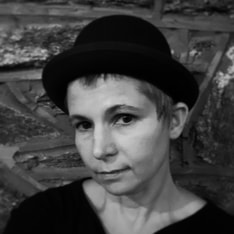 Kirsten Kaschock, a 2019 Pew Fellow in the Arts, is the author of four poetry books and a chapbook: Unfathoms (Slope Editions), A Beautiful Name for a Girl (Ahsahta Press), The Dottery (University of Pittsburgh Press/winner of AWP Donald Hall Prize), Confessional Science-fiction: A Primer (Subito Press), and WindowBoxing (Bloof Books). Coffee House Press published her debut speculative novel—Sleight. She teaches at Drexel University. 11/28/2020 Poetry by Adam Deutsch spablab CC Clear Cutting There’s time to finish razing the trees some mornings—a kettle’s stainless whistle, the call from that women you know with a cane, who is familiar in the way people are when you both start a job on the same day. You orientate together at a location designated to make sense. The path widens to freeway. You cruise, stare though open doors, tuck, and roll together. Then spread kindling and set everything on fire. Heat pushes in all directions, fuzzy like middle puzzle jigsaw pieces. Responses come together to make water, others rescue animals hide, storm eyes, the legs of beast gathered to form a herd. 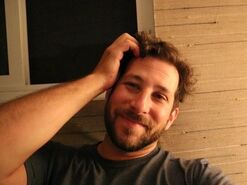 Adam Deutsch has work recently or forthcoming in Poetry International, Thrush, Juked, AMP Magazine, Ping Pong, and Typo, and has a chapbook called Carry On (Elegies). He teaches in the English Department at Grossmont College and is the publisher of Cooper Dillon Books. He lives in San Diego, CA. AdamDeutsch.com 11/28/2020 Poetry by Susan Cossette M I T C H Ǝ L L CC Genesis In the beginning was the girl. Born of no man’s bone or flesh-- The girl was faultless. Blonde, or red. Her hair can be straight, curly-- Her hips have curves, or none. She can play sports, like science. She can love girls, or men, or both. She can color her lips blood red, The walls of her bedroom shell pink-- Watch the afternoon sun kiss the lace curtains, And see that it is all good. The girl can write poetry. She can write code. She can write legislation. Our daughters paint tiny colored stones, Leave them by the roadside, Talismans for their sisters-- Yeah, we’re still here. Pass it on. In the beginning was the girl. Physicist, poet, hooker, Charlatan, housekeeper, Kept woman, president, CEO. Whatever. Alpha and omega, Pleasing to the goddess. Naked, but not ashamed.  Susan Cossette is the author of Peggy Sue Messed Up (2017). A two-time recipient of the University of Connecticut’s Wallace Stevens Poetry Prize, her work has appeared in Rust and Moth, Adelaide, Clockwise Cat, Anti-Heroin Chic, The Scarecrow and in the anthologies Tuesdays at Curley’s and After the Equinox. A recent transplant to Minneapolis, she is active in the local spoken word community. More of her work may be found at musepalace.wordpress.com. 11/28/2020 Poetry by Jennifer A. McGowan Eric Sonstroem CC Lightning at Night Nearly blue daylight. We met, as always, in the park where everything else was taller; walked barefoot, me in nothing but bra and shorts, drenched through, not quite dancing, not quite touching. When lightning struck the dumpsters we felt the concussion, them jumping and us, stunned, too close and deafened. We understood tenpins then, how force can knock you sideways, into each other, shift you—feet skittering-- only to be righted again, reckless, laughing. When it was only rain and darkness we sat unseeing in the picnic shelter, talking smack about Shakespeare and anyone else too dead to fight back. Stumbled to the cars. I touched your shoulder. The storm paused.  Jennifer A. McGowan took her PhD from the University of Wales and is a Tudor scholar, but nonetheless she is not the Jennifer McGowan who wrote the Maids of Honor fiction series. One day I'll get my name back. She is disabled, has published five collections, two of which won competitions, shooting archery from a chair, is a calligraphy, illuminator, and indifferent seamstress. Her most recent win, for the pamphlet Still Lives with Apocalypse, can be bought here: https://prolebooks.co.uk/ 11/28/2020 Poetry by Scott Silsbe Eric Sonstroem CC It’s Over Nobody to talk to, but that’s ok. I’ve got these walls. And this watered-down glass of something. I’m good at this, I think. As long as I don’t get thinking about this, that, & the other. And if I do—well, my policy is to have the thought, acknowledge it, & move on. Whether or not that’s a healthy way to deal with it, I can’t say for certain. But it’s just how I am. I’m just trying to live—to survive. Where Do You Live Again? I met Patty at the cemetery at 8 o’clock in the evening. I didn’t know exactly where I was going. But I found Patty at the gates on Dallas, I parked, and we set out for a walk. Patty told me that the fireflies should be putting on a good show but that it wouldn’t start for an hour or two yet, so we’d have time to catch up. We were in the city, but near the big park, so nature was on display for us there in the cemetery—we saw deer and turkey and even a fox, who crossed our path in a loping fashion. We found a mausoleum tucked back in a corner of the cemetery and set up shop on the steps, breaking out beers and a little chocolate bar Patty brought to share. There was some news to discuss, but we started talking about our old friend, Tony, and the stories about him started taking over. I told some funny old stories about Tony and I was laughing and before I knew it, I was crying and I didn’t know if they were tears of joy or grief but I guess it didn’t matter. The fireflies started up, just as Patty had promised and so did the mosquitoes—I could feel them sucking my blood out of me. Because it was June in Pittsburgh, you could hear fireworks being shot off all around us. And we talked about photographers for a while and I told Patty about how my dad, a man of many hobbies, had said that if he had pursued an artistic calling, it would have been portrait photography. And we talked about Teenie Harris and Patty said she once had a series of Teenie Harris dreams and I thought about how once I had a series of Richard Brautigan dreams for a while. And I told Patty about my road trip to see the path of The Johnstown Flood, from the manmade lake down to the city of Johnstown and then up to the cemetery high on the hillside with its massive monument to the unknown dead. And then we talked about David McCullough and about his great books. And Patty asked me, “Where do you live again?” and I laughed. It shouldn’t have been a difficult question to answer, but it was at that moment. And when we left the cemetery, I got in my van and rolled the window down so Patty could hear the Ellington song on my stereo and I turned it up and Patty started dancing there on Aylesboro Street, dancing in the moonlight across from the cemetery.  Scott Silsbe was born in Detroit. He now lives in Wilkinsburg, Pennsylvania. His poems and prose have appeared in numerous periodicals and have been collected in the three books: Unattended Fire, The River Underneath the City, and Muskrat Friday Dinner. He is also an assistant editor at Low Ghost Press. 11/28/2020 Poetry by Ken Taylor Ron Gilbert CC X outside the apportioned field back during webelo days before merit loops & emblems on sixty-four opposing squares of faith we never learned to use a knife too busy being cut by the closed game by lions & tigers & bears & wolves being loyal to not letting us in placed by a scheme of uniform as delivery for kerchiefs & slides for earning badges to imply rank & file official blue with button-flap pockets we wore in secret revealing more knee to none when ankle & crew were fixed by families of the den tracking the chair of shaping eccentric plots accused of chemical sway we knew the cost of attacking quick in a battleground of self as vizier taking the antipositional path by bending notes to not a note ever known before in making note of sound where we were the utmost but not the tallest where the church was rich & marked as chattel conscript or serf depending on the ground touch-move ruling was the game of seeking yet another gay as fuck space the stuff of actually being named to become further unsex us & license our roving hands to tie the knots for slipping or razing in more moves than the sum of all grain fleeing the heaves of sly attending to the interwoven pack inside our form & internegative thrum of our forked pain sweet angel pie set before our lowered eyes be our procurator standing before a lower court to scumble the verges of our song with coats of care making it easier to hear while we tweak the twig at our nose & sniff perfume or fumigation to see if we’ve been seized not undone but done with undoing not afraid of taking flight past tests of dear compression to reach light to scout good splashdown weather to look up & say shah met  Ken Taylor is author of "first the trees, now this" (2013), "dog with elizabethan collar'"(2015), "self-portrait as joseph cornell" (2016) and the forthcoming "aeromancy garage" (2020). He is the founder and editor of selva oscura press. 11/28/2020 Poetry by Chella Courington Nicolas Henderson CC Black Rain I September first floods. I drive ten miles an hour to the Piggly Wiggly for Dr. Pepper and Doritos. Water so thick my Honda hydroplanes. I am ten again—Mother squeezes the steering wheel, wipers scratch back and forth: Forgive us our sins, Lord, so we can die in peace. II At Smideo Video the cashier drums his fingers on the counter: Wet enough for you? Outside, water spears the ground. Inside, drops from my forehead smudge the Visa slip. Too soaked for small talk, I take The Last Wave and leave him drumming. III Hail bounces on the roof. Under the quilt Mother pieced together for my college graduation, I hear her: Never put this in the dryer. It will shrink. I always wash it on gentle then drape over four kitchen chairs like the tents I used to make. IV The Last Wave: black rain in Australia. Deep beneath Sydney Richard Chamberlain strangles the shaman and can’t hold back the surge. At midnight Ted calls from Motel Six in Biloxi: Highway 10 is closed. I’ll be home when the road opens. V Dream: Ted and I kneel for communion in the Beulah Baptist Church. Lilies droop from a single stalk. In a red robe the pastor offers us the blood of Christ. I look up—he wears my mother’s face. Light Sight dims after twenty years sewing cotton under fluorescence. In fingerless gloves, she threads the eye, prays for easy passage. Glint from the silver thimble reminds her of glow worms in a Texas summer. Specks of light on pinewood, brown iris rimmed in white. She longs to be above the factory glare where sunlight rolls through mist. Rising from her bone, warmth spreads like manna’s sweet, clear juice. Tamarisk petals fall, barely touch her body, blinking like fireflies. 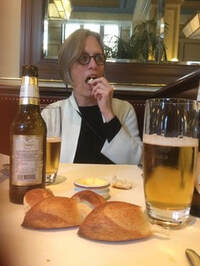 Chella Courington is a writer and teacher whose poetry and fiction appear in numerous anthologies and journals including Spillway, Los Angeles Review, and Lavender Review. Her novella, Adele and Tom: The Portrait of a Marriage, is available at Amazon. Originally from the Appalachian South, Courington lives in California. |
AuthorWrite something about yourself. No need to be fancy, just an overview. Archives
April 2024
Categories |
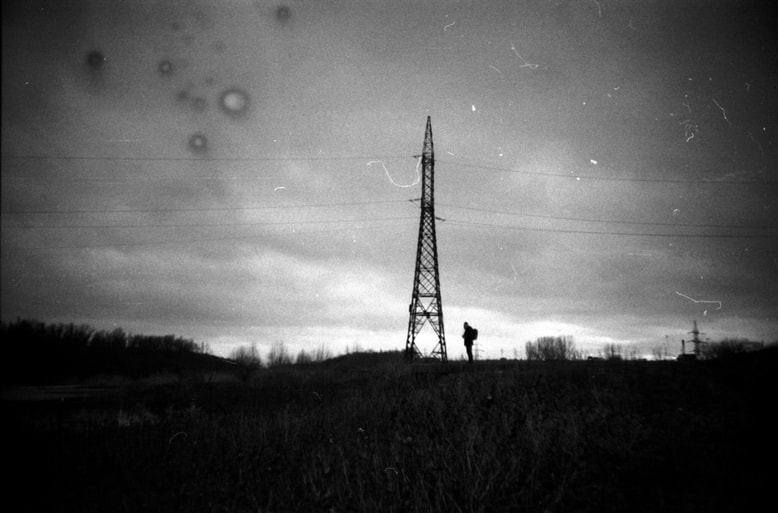
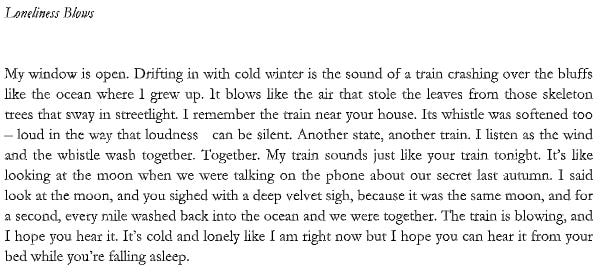
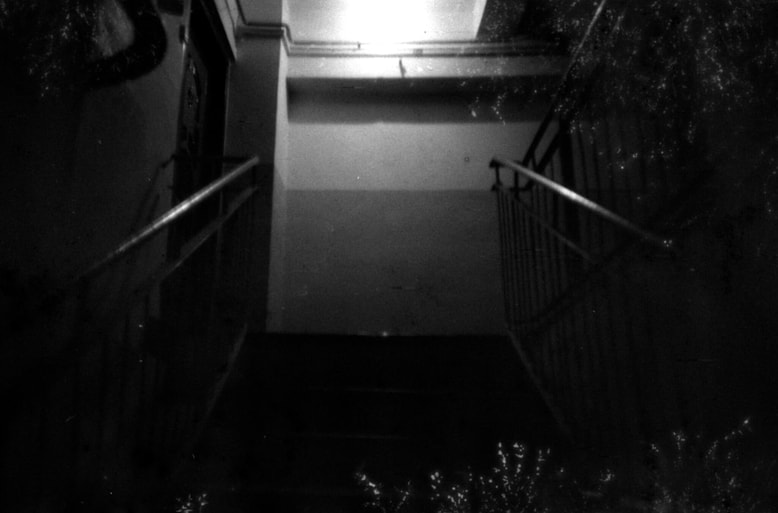
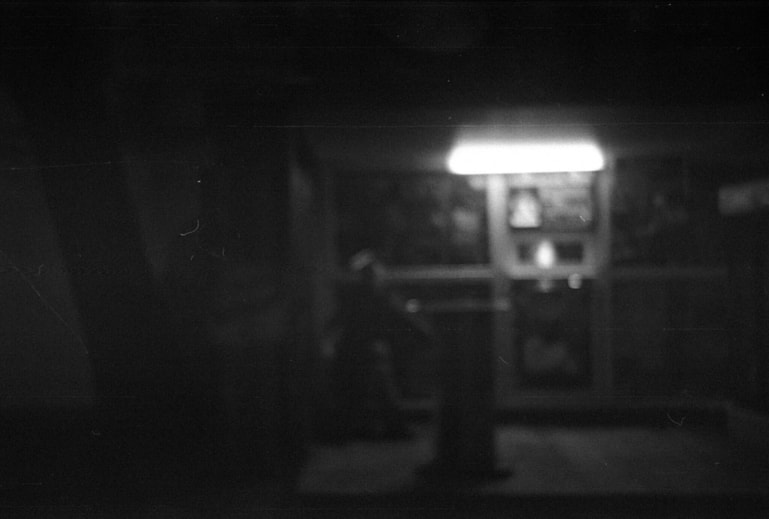
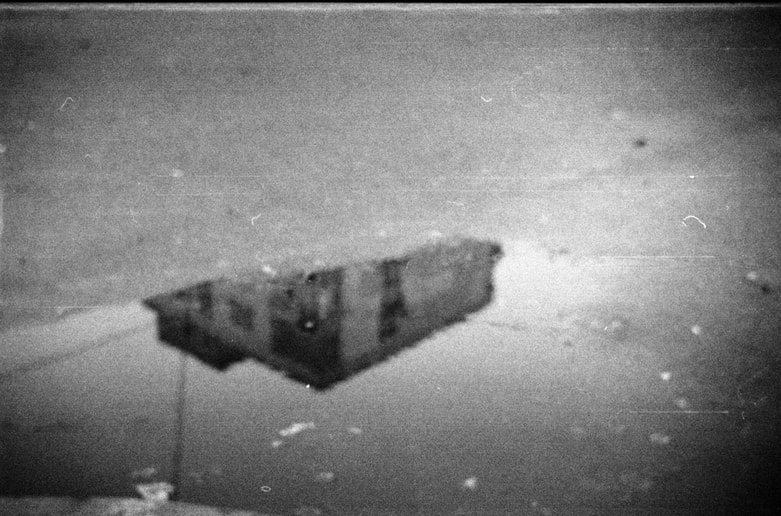
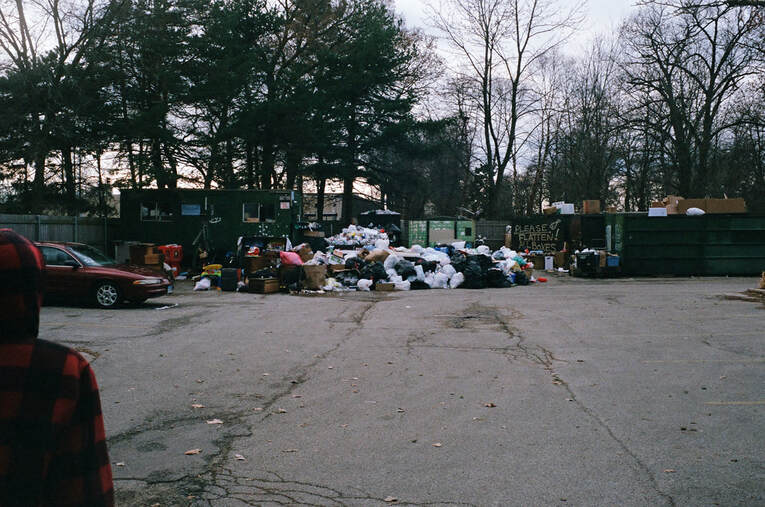
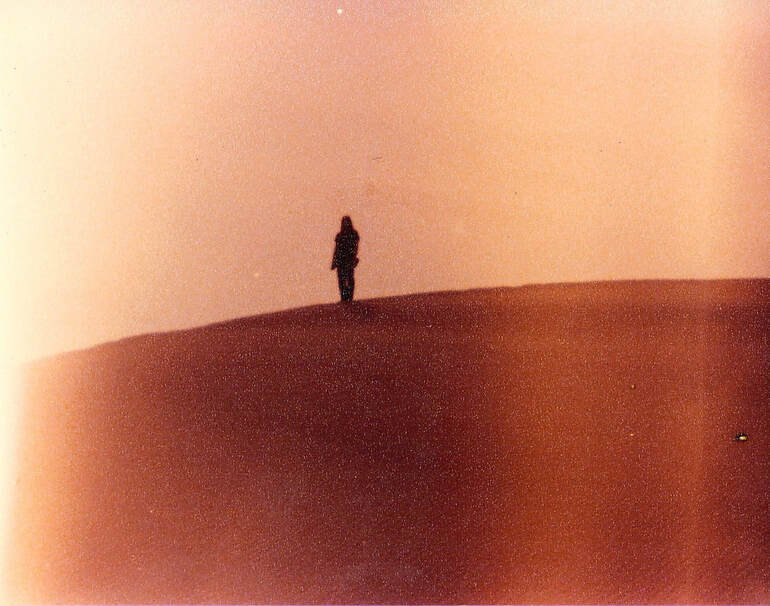
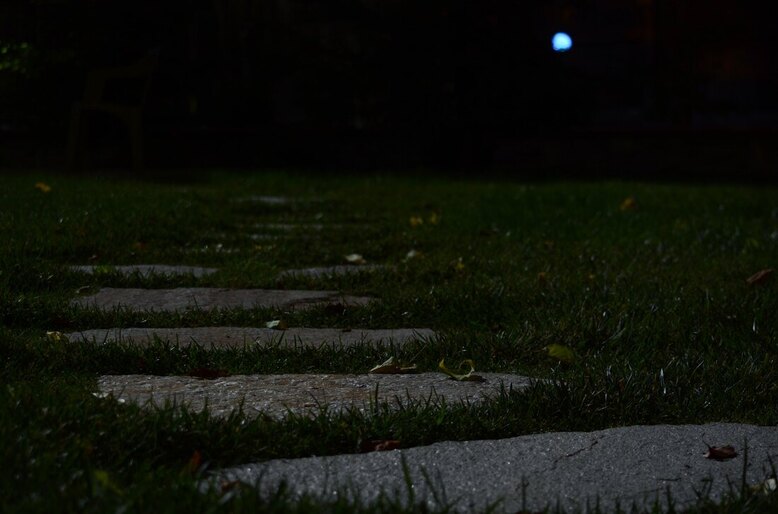
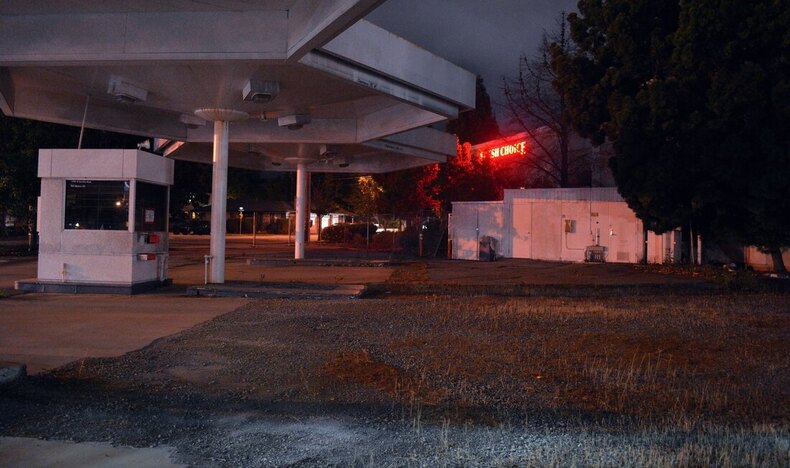
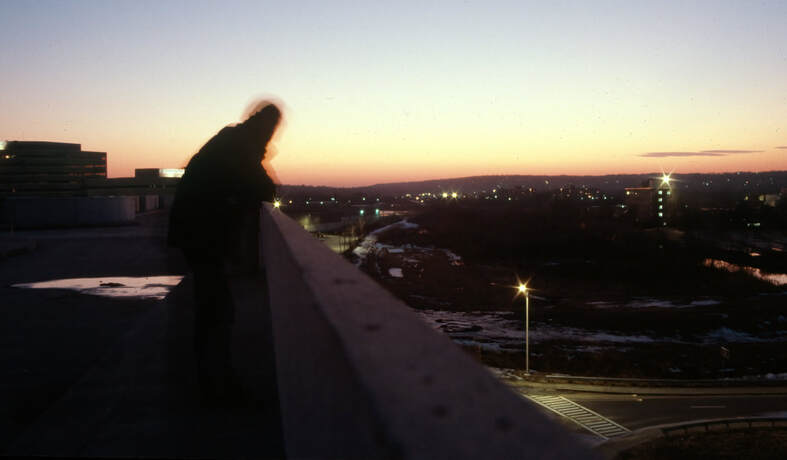
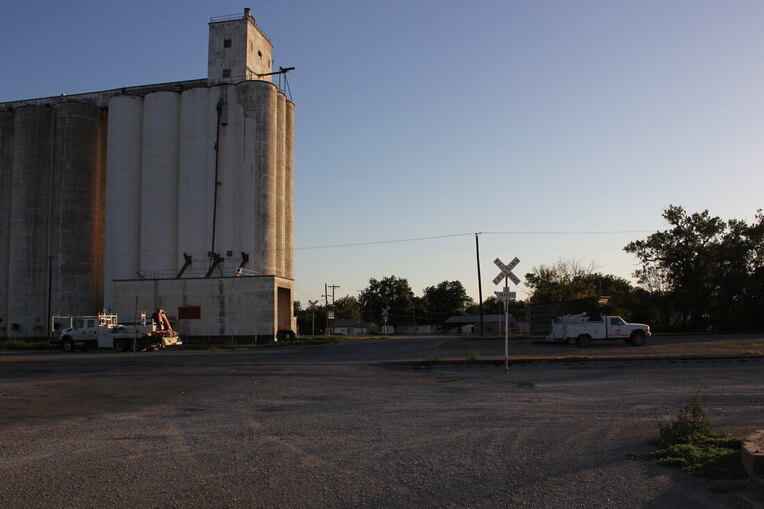
 RSS Feed
RSS Feed
